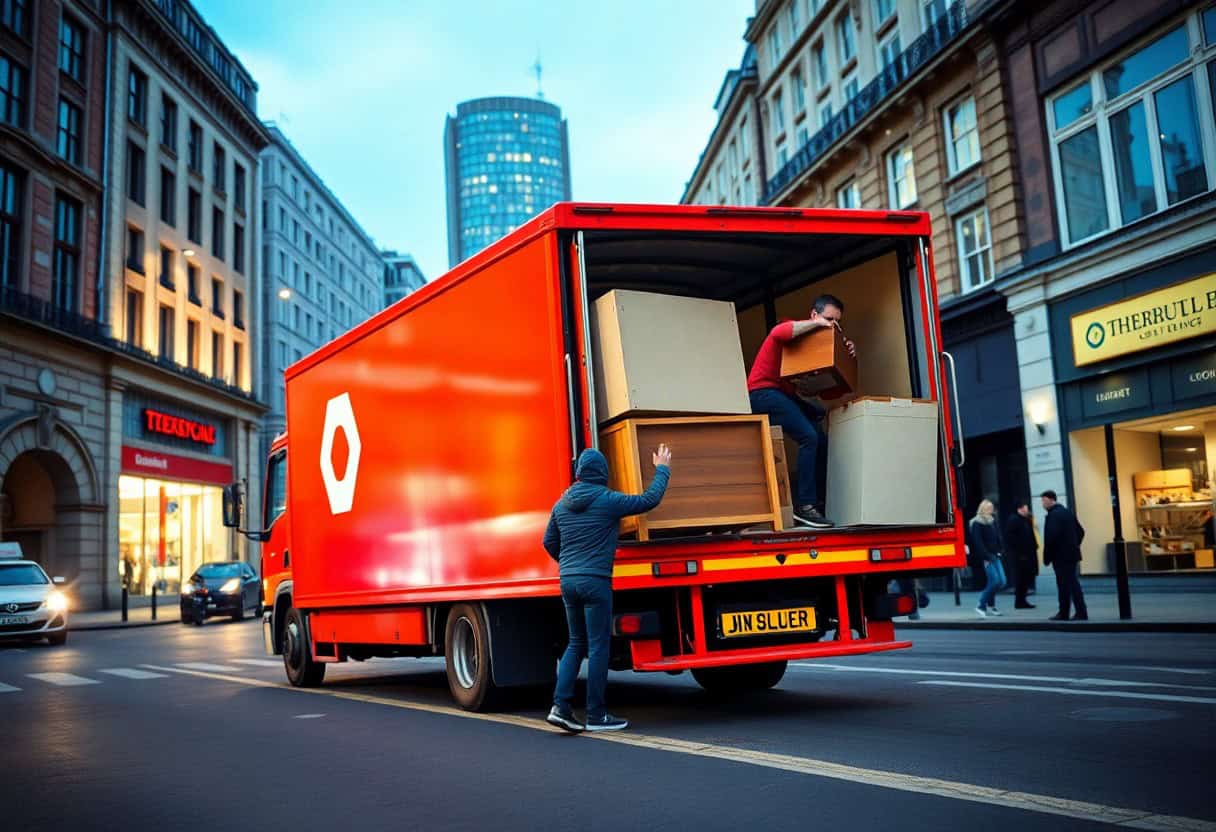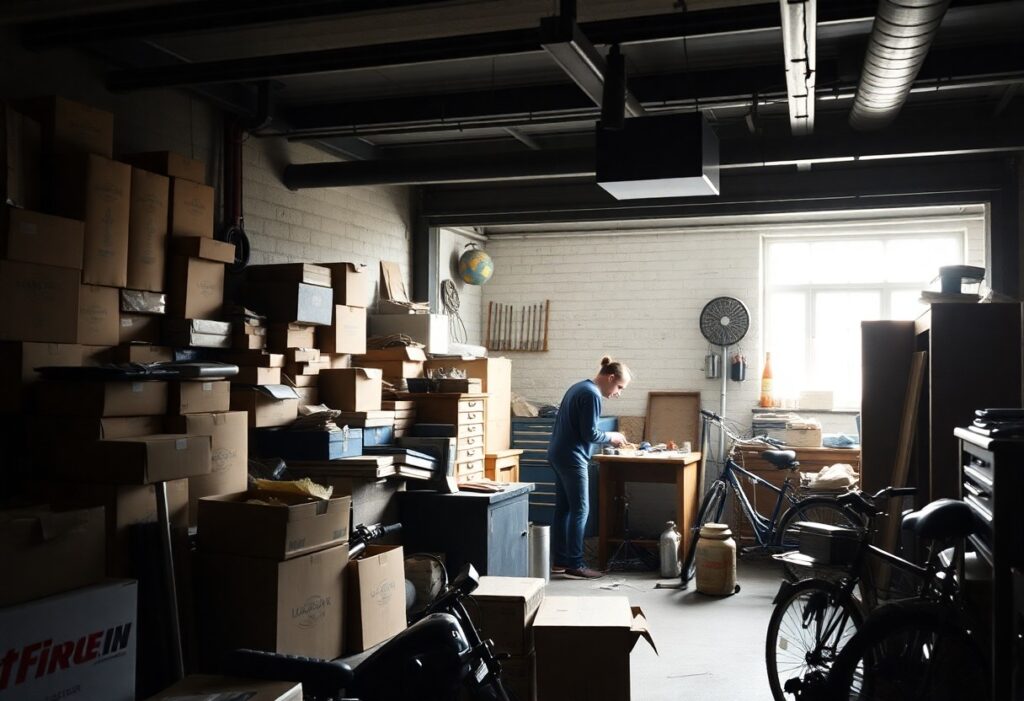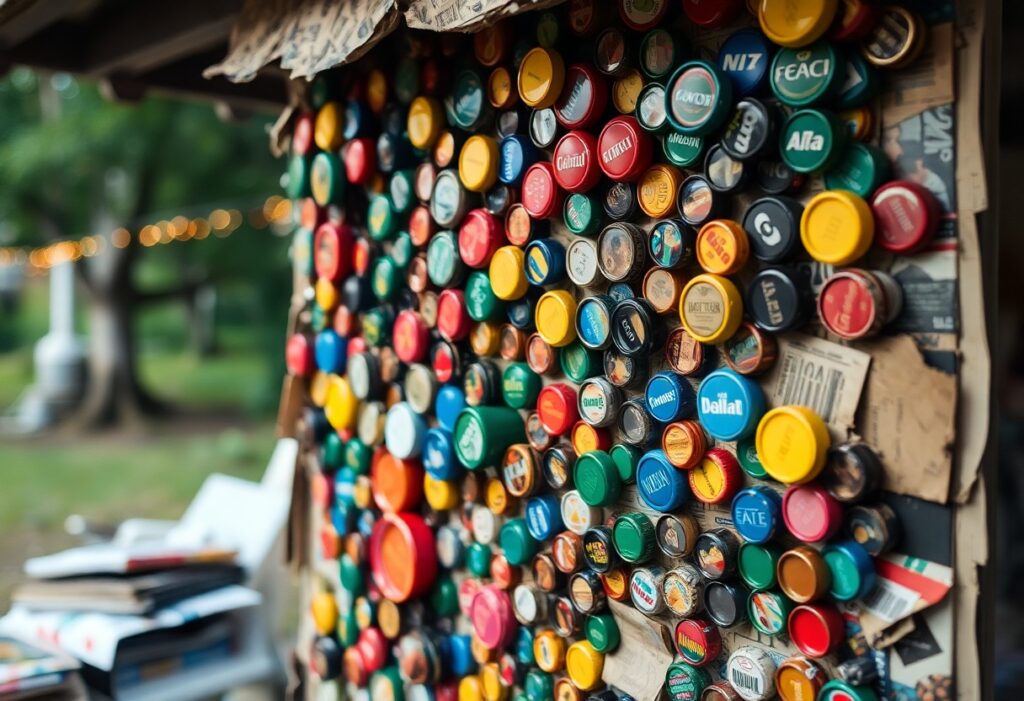This guide will help you navigate the process of disposing of old furniture and bulky items in London efficiently and responsibly. With various options available, including local council services, charities, and private companies, you can make informed choices that suit your needs. Make sure to check for recycling opportunities to minimise waste and take advantage of sustainable practices. By following these steps, you can clear your space while contributing positively to the environment.
Understanding the Disposal Process
Your understanding of the disposal process is vital for effectively managing the removal of old furniture and bulky items in London. It typically involves identifying the right methods, adhering to local regulations, and selecting suitable disposal channels. By familiarising yourself with the necessary steps, you can ensure a smooth and responsible disposal, minimising environmental impact while complying with city guidelines.
Local Regulations and Guidelines
To properly dispose of your items, you need to be aware of local regulations and guidelines set by the London council. Each borough may have specific rules regarding collection dates, waste types, and methods. Failing to adhere to these can lead to fines, so it’s vital to check the regulations for your area before proceeding.
Types of Waste
There’s a variety of waste associated with furniture disposal, including household waste, bulky waste, electrical items, hazardous materials, and recyclables. Understanding these types can guide you in choosing the right disposal methods. Any improper disposal can result in fines or environmental damage.
| Type of Waste | Description |
| Household Waste | Regular waste from your home. |
| Bulky Waste | Large items like furniture and appliances. |
| Electrical Items | Broken or unwanted electrical goods. |
| Hazardous Materials | Items like paints, chemicals, and batteries. |
| Recyclables | Materials that can be reused. |
This understanding of the types of waste is vital for proper disposal. By classifying your waste correctly, you not only comply with local rules but also contribute to a more sustainable environment. You can sort your items and decide which to donate, recycle, or dispose of. Any improper handling of these items can lead to increased waste and financial penalties.
- Classifying waste helps in responsible disposal.
- Identify hazardous materials to avoid accidents.
- Know recyclable items for environmental benefit.
- Plan bulky waste collection with local services.
- Any failure to comply may lead to negative consequences.
| Importance | Considerations |
| Safety | Check for hazardous waste. |
| Recycling | Plan for materials that can be recycled. |
| Local Collection | Follow your borough’s collection guidelines. |
| Donation | Consider donating reusable items. |
| Fines | Be aware of the consequences of non-compliance. |
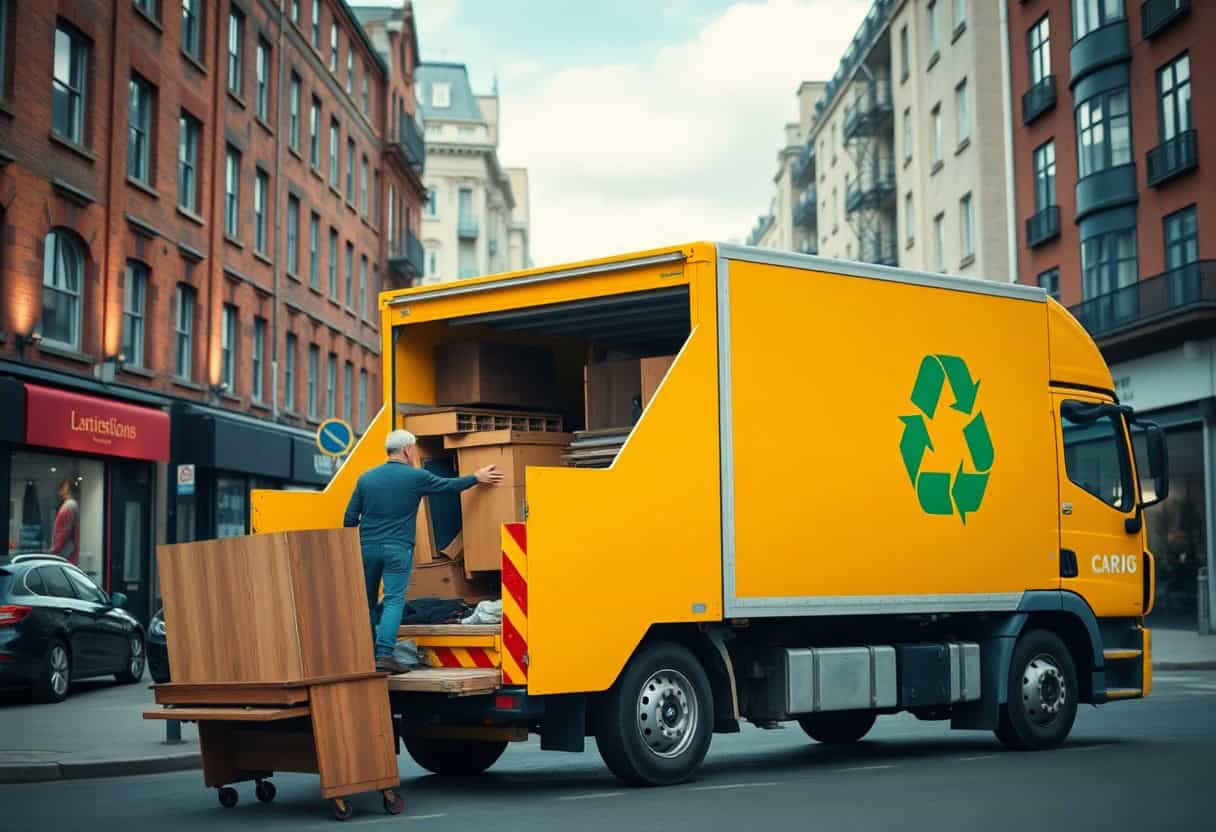
How to Assess Your Furniture for Disposal
Some items in your home may no longer serve a purpose, making it vital to assess their condition before disposal. Look closely at each piece of furniture to determine whether it can be reused, recycled, or should be discarded. By carefully evaluating your items, you can make informed decisions that benefit both your space and the environment.
Condition Evaluation
With a thorough inspection, you should focus on the overall integrity of your furniture. Check for any signs of damage, wear, or structural flaws. If an item is heavily stained, broken, or presents safety hazards, its disposal may be necessary. Conversely, well-maintained furniture could be perfect for donation or resale.
Recycling Considerations
An important aspect of disposing of old furniture is determining what can be recycled. Many materials, such as wood, metal, and upholstery, are recyclable and can be processed into new products. This sustainability approach not only helps reduce landfill waste but also supports a better environment.
The environment benefits when you recycle furniture properly, as it reduces the amount of waste that ends up in landfills. Consider separating components—wood, metals, and textiles—to enhance the recycling process. Check with local recycling centres to identify specific requirements, as some facilities may accept larger items, while others might require disassembly. Keep in mind that electronic items should never be mixed in with standard recycling and should be disposed of separately to avoid environmental hazards. By being mindful of these factors, you can effectively contribute to sustainability while responsibly managing your old furniture.
Tips for Self-Disposal
It is crucial to plan your self-disposal approach to maintain order and efficiency. Follow these tips:
- Check local regulations regarding disposal of bulky items.
- Consider recycling options for furniture.
- Ask friends or family if they need any old furniture.
- Use online marketplaces to sell or give away items.
Thou will find that these steps simplify the process and make a positive impact on your community.
Renting a Van
Some of you may find that renting a van is an excellent way to transport your bulky items to the nearest disposal facility. This option allows for greater flexibility and convenience, making the process more manageable. Compare prices online to secure the best deal, and don’t forget to check any driving regulations if you’re not familiar with van usage.
Community Initiatives
While many communities in London have established initiatives to help residents with disposal, such as charity organisations that collect furniture, you can take part in these beneficial schemes. Often, charities will accept usable items, reducing landfill waste and providing assistance to those in need.
It is important to note that community initiatives not only support the environment by promoting recycling but also help others in your local area. Engaging with these programs can offer safe and responsible disposal methods for your old furniture while positively contributing to the community. Be mindful of any specific collection days and criteria when donating to ensure your items can be accepted. Supporting such initiatives fosters a sense of community and helps create a more sustainable London.
Utilizing Local Services
Not all disposal methods are equally practical for you, particularly when it comes to bulky items. Fortunately, London offers a range of local services tailored to assist you in safely and responsibly removing your old furniture and unwanted goods.
Council Collection Services
With your local council, you can arrange for collection services specifically designed for bulky items. Typically, councils will allow you to book a collection for larger pieces of furniture, providing a straightforward solution. However, it’s important to check your council’s guidelines as there may be limits on the number of items you can dispose of at once.
Charitable Organizations
Even better than throwing away your old furniture is donating it to a charitable organisation. Many charities accept furniture in good condition and will even pick it up from your home, which can be a convenient option for you to consider.
Organizations such as British Heart Foundation or Emmaus greatly appreciate your donations and can put your furniture to good use. It’s a win-win situation; you declutter your home while helping those in need. Plus, this option aids in reducing waste and promoting recycling in your community. Always ensure your items comply with the donation guidelines to prevent any safety issues, making your disposal both ethical and beneficial.
Finding a Waste Management Company
Once again, it’s important to find a reliable waste management company to safely dispose of your old furniture and bulky items in London. You can refer to How Do I Dispose of Large Furniture in London: A Guide for detailed insights and tips on selecting the right service to suit your needs.
Researching Local Options
Researching your local options is vital for effective disposal. Look into companies that specialise in bulky waste removal in your area. Local directories, community boards, and online reviews can guide you to reputable firms that comply with London’s waste regulations.
Comparing Costs and Services
On your journey to dispose of bulky items, analysing costs and services from different waste management providers is vital. Below is a comparison table to help you.
| Service Type | Estimated Cost |
| Individual Pickup | £50 – £150 |
| Full Van Load | £150 – £300 |
| Commercial Disposal | From £300 |
With each company offering different services, you should evaluate what best suits your needs. Prices can vary significantly based on factors such as weight, distance, and the type of items to be disposed of. Utilise the above comparison to make informed decisions, ensuring you prioritise services that adhere to waste management regulations and reflect a positive reputation in the community.
| Factors to Consider | Details |
| Licensing and Insurance | Ensure the company is licensed for waste disposal and has insurance coverage. |
| Environmental Responsibility | Choose companies that emphasise recycling and sustainable disposal methods. |
| Customer Reviews | Look for ratings and feedback from previous users to gauge service quality. |
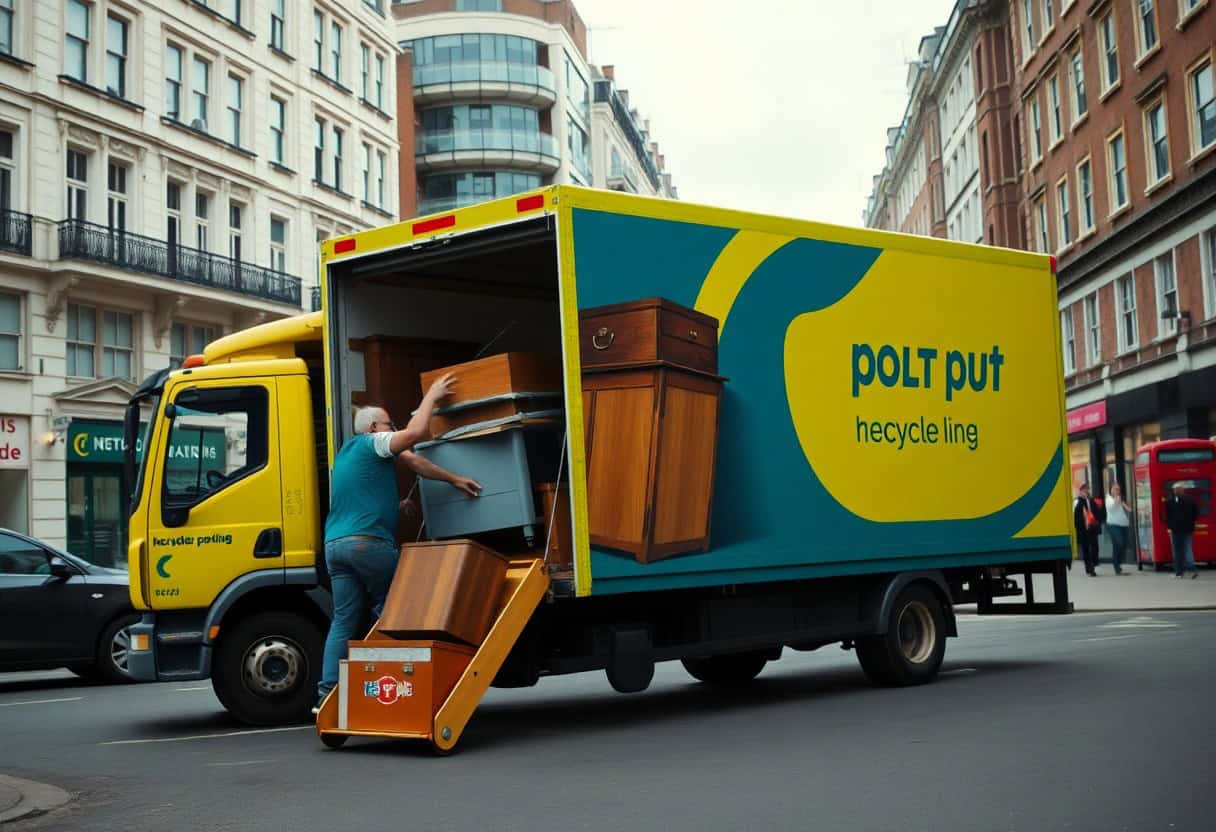
Tips for Sustainable Disposal
Keep your impact on the environment minimal by following these sustainable disposal tips:
- Donate furniture in good condition to local charities.
- Recycle items made from wood, metal, or plastic at designated centres.
- Consider upcycling as a creative way to give old items new life.
- Use services like councils for bulky waste collection.
After you’ve explored these options, check out the A-Z of recycling: Furniture for further guidance.
Upcycling Ideas
For a unique twist on disposal, consider upcycling your old furniture. Transform a wooden dresser into a chic bathroom vanity, or turn an old ladder into a stylish bookshelf. By using your creativity, you can give your bulky items a second life, making them functional and aesthetically pleasing.
Eco-Friendly Disposal Methods
An effective way to dispose of your old furniture is by employing eco-friendly methods. Seek out local services that offer recycling schemes or utilise refurbishment companies dedicated to saving furniture from landfills.
Ideas for eco-friendly disposal include donating your items to local charities or recycling centres, ensuring that materials are repurposed rather than discarded. Look for organisations that take broken or damaged items, as they may repair and resell them. This practice not only helps the environment but also promotes a circular economy. Additionally, consider scheduling a bulky waste collection through your local council, where many offer environmentally responsible disposal solutions.
Conclusion
With these considerations, you can effectively dispose of your old furniture and bulky items in London. Options such as local council collections, charity shops, or professional disposal services can help you manage your unwanted items responsibly. For a hassle-free solution, consider engaging a reliable service like Furniture Disposal & Removal in London | Clearitwaste.co.uk, ensuring that your items are handled safely and sustainably.
FAQ
Q: What are the options for disposing of old furniture in London?
A: There are several options for disposing of old furniture in London. You can arrange for collection by your local council, which often offers a bulky waste collection service for larger items. Alternatively, you can hire a private waste disposal company, which may provide a more immediate service. If your furniture is in good condition, consider donating it to charity shops or local community groups. Additionally, selling items through online marketplaces can be an effective way to find new owners for your furniture.
Q: How can I arrange for a bulky waste collection from the council?
A: To arrange for a bulky waste collection from your council in London, visit their official website and check for the bulky waste collection service page. You will typically need to fill in an online request form, specifying the items you wish to dispose of and providing your address. There may be a fee for this service, so be sure to check for any costs involved. Some councils might also have specific collection days, so it is advisable to plan ahead.
Q: Are there any restrictions on what items can be collected?
A: Yes, there are restrictions on the types of items that can be collected for bulky waste disposal. Most councils in London will not collect hazardous waste, such as chemicals, batteries, or medical waste. Additionally, some councils may refuse items that are too heavy or oversized for their equipment. It is important to check your local council’s guidelines for specifics on acceptable items to avoid any issues during the collection process.
Q: Can I dispose of my old furniture at a local recycling centre?
A: Yes, you can take your old furniture to a local recycling centre in London. Many recycling centres accept bulky items and will ensure they are processed correctly. It is advisable to check the opening hours and any specific guidelines for drop-offs on your local council’s website. Some centres may also have restrictions on certain types of furniture or may require you to show proof of residence.
Q: What should I do if my furniture is in excellent condition?
A: If your furniture is in excellent condition, consider donating it to charity shops or local organisations that accept second-hand items. Many charities offer collection services for larger items, making the donation process convenient. Selling through online platforms can also be a viable option to give the furniture a new life. This approach not only helps others but also reduces waste and contributes to a more sustainable environment.

